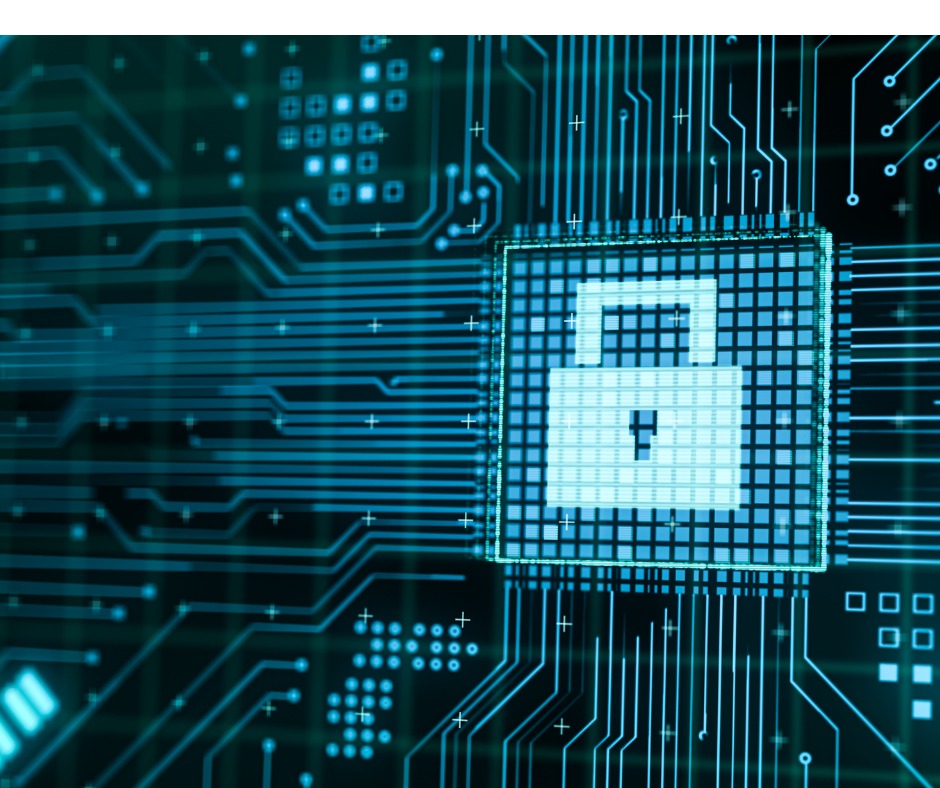The years of the pandemic have seen the world change in a number of significant ways, and the way that we work has, perhaps, been one of the areas most affected. With the advent of the Covid pandemic, organisations across a variety of industries and sectors were forced to accelerate digital transformation plans and explore ways to make remote working a practical and effective alternative when physical presence at the office was no longer possible. As a result, cyber criminals, too, have adapted to the changing landscape. There are a growing number of threats online, and companies looking to make 2023 a safe and successful year should take heed and make strengthening their cyber security protocols their top priority.
An Accelerated Risk
When it comes to a growing threat landscape, the figures, unfortunately, speak for themselves. A survey by ThoughtLab revealed that the average number of data breaches and cyber attacks increased by 15.1% in 2021, marking a significant increase in volume on the previous year. Meanwhile, 40% of chief security officers feared that their organisations were not adequately prepared to meet the rapidly evolving nature of online threats and attacks.
A Variety Of Threats
Phishing remains a popular means for cyber criminals to access sensitive data and files, and the threat of ransomware is another key area in which organisations must protect themselves. Unfortunately, just as cloud computing has enabled businesses to harness greater processing capabilities and automation, so too has it permitted cyber criminals to scale up their operations. By making use of the intelligent automation capabilities available with cloud computing, a single hacker can target a higher volume of businesses – and at a faster rate.
Security defences Are Available


Fortunately, there are steps that can be taken to combat the growing danger of cyber attacks. Software solutions are another key element of the armoury, with the latest cloud solutions enabling businesses to manage their online security effectively, even when employees are working from home or via their personal devices. Focusing on protecting endpoints can mitigate the threat posed by ransomware in particular, whilst making MFA (multi-factor authentication) the standard for accessing systems will also help to protect businesses.
However, the first step in creating a robust cyber security protocol should always include training all members of staff so that they may be alert as to the signs to watch out for when using email or accessing valuable data. After all, cyber security is everyone’s responsibility, and driving this point home could be the most effective way to protect your organisation in the long run.
Cyber Security
We have a comprehensive and successful range of cyber security solutions which are used across a wide range of businesses. You can see all of our solutions on our Solutions page.
Free consultation
To get advice from one of our cyber security experts on solutions that would suit the needs of your specific business simply complete our contact form. When completing the form, let us know suitable times for our experts to contact you.

